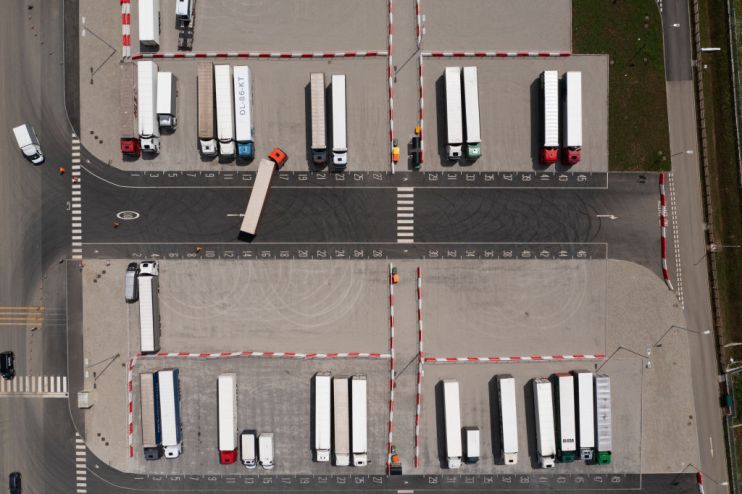Zero carbon ‘plans before bans’ for HGVs, auto industry urges government

The UK auto industry has called on ministers to work alongside manufacturers to develop net zero technologies for the decarbonisation of heavy goods vehicles (HGVs).
At the moment, just 0.2 per cent of the trucks and lorries on British roads use alternative fuel sources, data from the Society for Motor Manufacturers and Traders (SMMT) showed – the same proportion as cars in 2007.
Only one in 38 new vans registered in 2021 is pure electric, compared to one in 12 cars, the trade body added.
At the moment, there is no single technology that can support the decarbonisation of every different weight class of HGV.
Before committing to a date to ban the sale of conventionally fuelled trucks, the government should come up with a plan to help the sector transition, the SMMT said.
Mike Hawes, SMMT chief executive, said: “The industry is committed to be fossil fuel-free, but there is not yet a clear technology path for every weight class and every use case.
“Before it sets a deadline for the sector, the government must support the technological development and market proposition and provide the right framework, so hauliers don’t defer their decarbonising decision to the last minute. Plans before bans is the key.”
At the moment, the government is consulting on two phase out dates to end the sale of non-zero emission HGVs, 2035 for vehicles between 3.5 and 26 tonnes, and 2040 for those heavier than 26 tonnes.
Ministers are investing £20m this year to develop Zero Emission Road Freight Trials in order to develop the solutions to help the industry hit these dates.
A spokesperson for the Department for Transport said: “All transport modes, including heavy goods vehicles, must play their part in delivering net zero emissions by 2050.
“We are consulting on phase out dates for the sale of non-zero emission HGVs, and have invested £20m this year to trial and develop cost-effective, greener lorries and their refuelling infrastructure in the UK.”